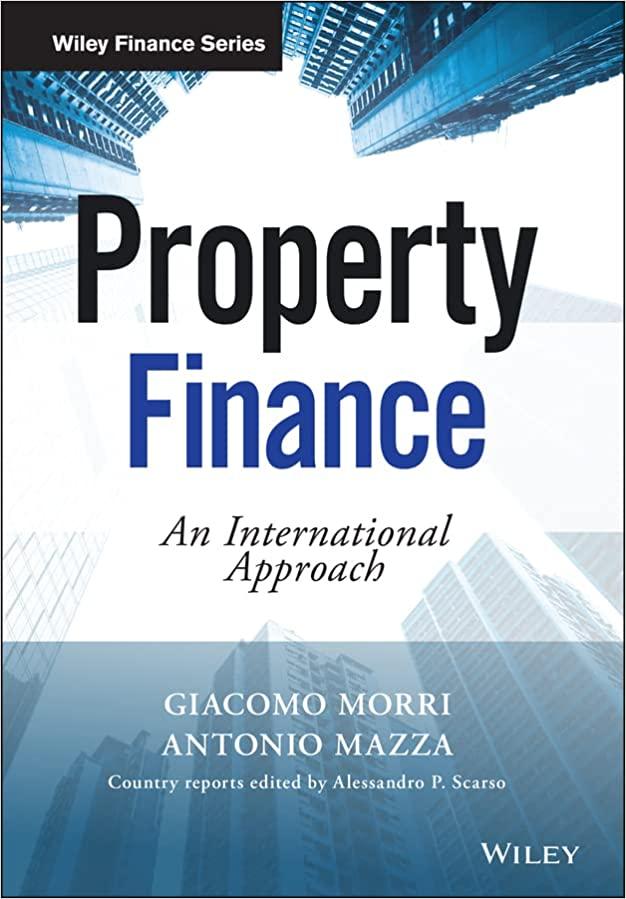Question
(Second-price auction) There are 9 bidders. Each bidder i values the object at vi >0. Assume v1 > v2 > ... > v9 > 0.
(Second-price auction) There are 9 bidders. Each bidder i values the object at vi >0. Assume v1 > v2 > ... > v9 > 0. Each bidder i can submit bid bi >= 0. The bidder whose bid is the highest wins. If there are multiple highest bids, then the winner is the bidder whose valuation is the highest among the highest bidders. (For example, if bidder 7 and bidder 9 have the highest bid, then bidder 7 is the winner.) The winner, say bidder i, gets a payoff vi - p, where p is the second highest bid (it is equal to the highest bid if there are multiple highest bids). All losing players receive zero payoff. (a) (3pts) If every player i chooses a bid equal to valuation: bi = vi, then who is the winner, how much does the winner pay, and what is the winner's payoff? (b) (3pts) Explain why it is an equilbrium when each player chooses bi = vi. Specifically, given other players' bid bi = vi, what is player 1's payoff if choosing b1 at least as high as v2; what is player 1's payoff if choosing b1 below v2? Comparing the payoffs, is b1 = v1 a best response of player 1? Next, look at a player i who is not player 1. Explain why bi = vi is a best response of player i when everyone else is bidding at valuation including player 1. (c) (2pts) Explain why in any Nash equilibrium player 2 cannot be the winner if player 2's bid is b2 = v2.
Step by Step Solution
There are 3 Steps involved in it
Step: 1

Get Instant Access to Expert-Tailored Solutions
See step-by-step solutions with expert insights and AI powered tools for academic success
Step: 2

Step: 3

Ace Your Homework with AI
Get the answers you need in no time with our AI-driven, step-by-step assistance
Get Started


